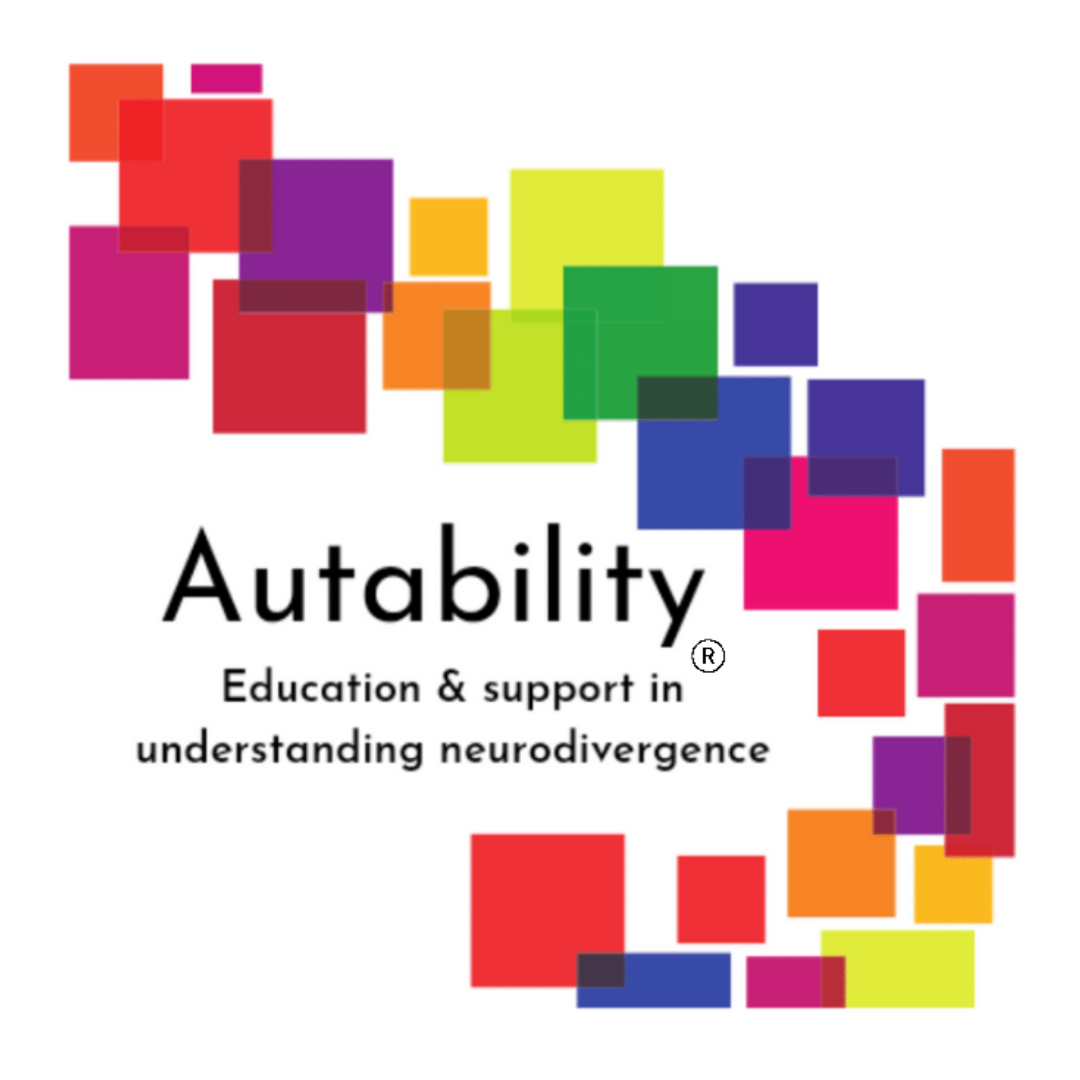ADHD and exhaustion...
- Autability

- Oct 11, 2024
- 1 min read
ADHD often brings to mind a person with boundless energy, and for those diagnosed with hyperactive or combination-type ADHD, hyperactivity is indeed a common feature. However, the exhaustion and fatigue associated with ADHD are less documented and frequently overlooked.
There are several reasons why ADHD can lead to exhaustion, including both internal and external factors. For some individuals with ADHD, everyday sensory inputs can be overwhelming due to sensory processing differences, which quickly lead to sensory overload. Social interaction can also be a trigger for exhaustion, as people with ADHD may feel pressure to control or filter their thoughts during conversations. This task becomes particularly exhausting over prolonged periods.
If you're a parent of a child with ADHD, you're likely familiar with situations where your child feels fatigued afterwards. However, some of the biggest contributors to exhaustion in people with ADHD come from internal factors, such as procrastination, hyperfocus, self-doubt, and guilt. The internal dialogue that involves questioning past or future events, fixating on one task as though it’s the only thing that matters, and feeling guilty about things that didn’t go as planned can be incredibly exhausting and detrimental to mental health and well-being.
So, while your child may seem to have boundless energy, remember that fatigue and exhaustion are likely just around the corner.

.png)



Comments